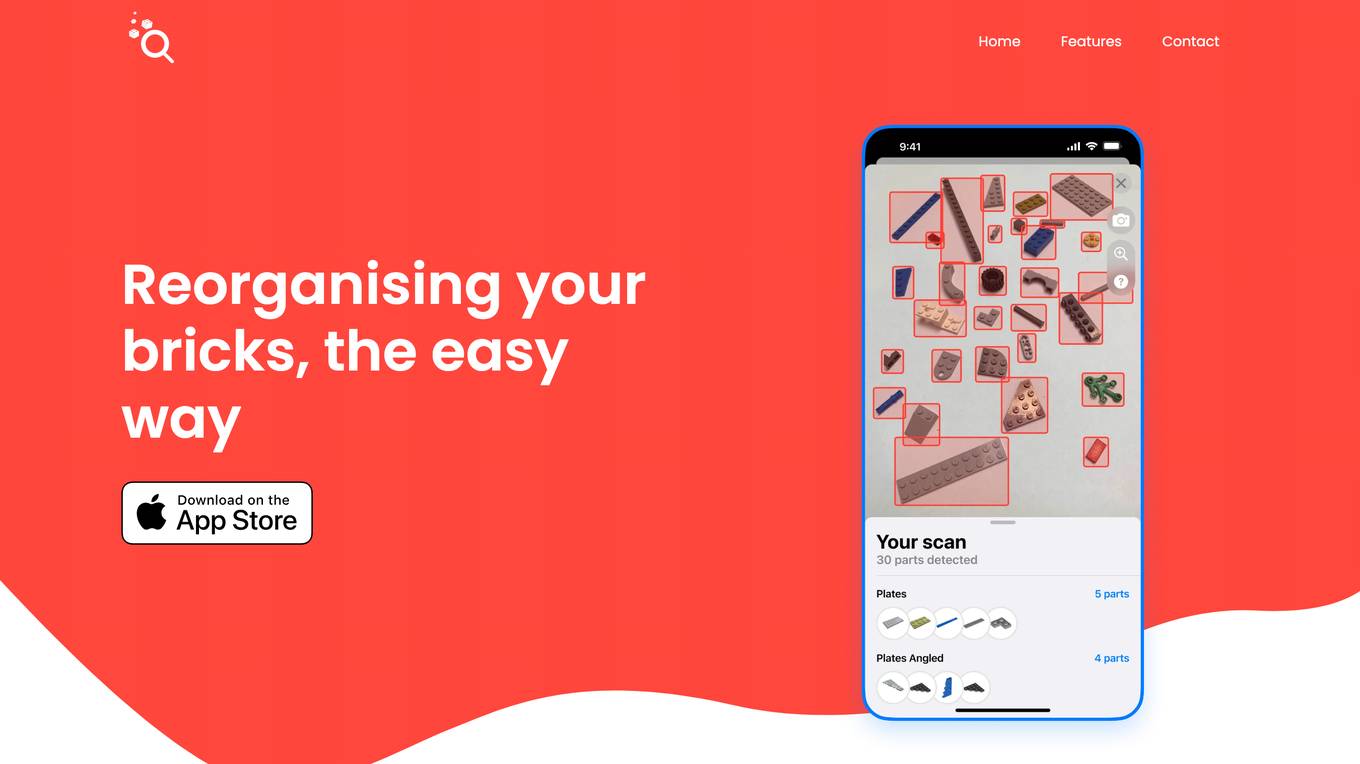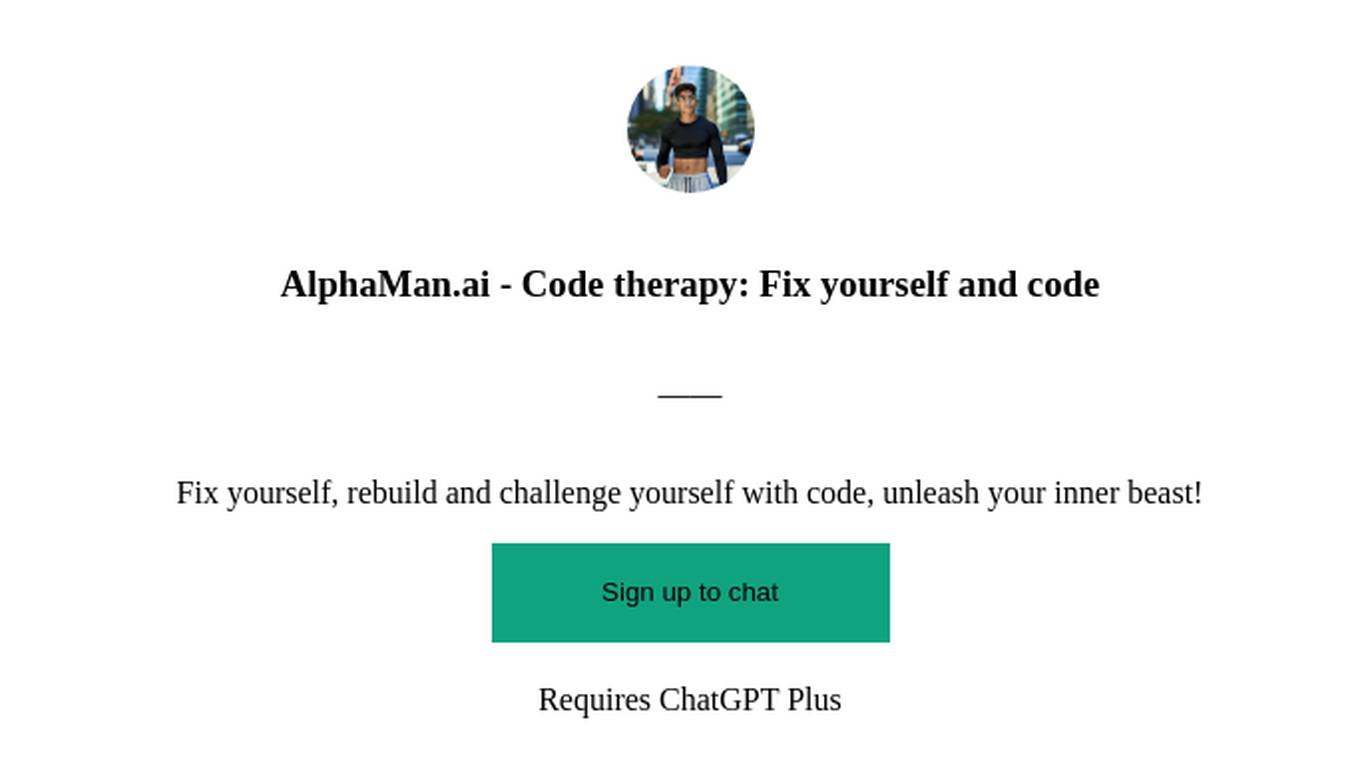Best AI tools for< Rebuild Friendships >
3 - AI tool Sites

Bricksee
Bricksee is a web application that requires JavaScript to be enabled for proper functionality. It seems to be a tool or service that is not AI-based, as indicated by the JavaScript dependency. The purpose and specific features of Bricksee are not clearly mentioned in the provided text.

Relationship 2.0
Relationship 2.0 is an AI-powered system designed to help individuals navigate through breakups, personal development, and rebuilding healthy relationships. By leveraging advanced AI technology, the platform offers personalized guidance, tailored plans, and expert advice to assist users in overcoming emotional challenges, understanding relationship dynamics, and fostering positive growth. Relationship 2.0 aims to provide a comprehensive solution for individuals seeking to improve themselves and reconnect with their ex-partners in a healthy and sustainable manner.

Painta
Painta is an AI Art Coach application designed to guide artists of all skill levels through their art journey. It provides step-by-step instructions, instant feedback, and smart AI coaching tailored to the user's chosen medium and skill level. Whether you are a beginner exploring art or a returning artist seeking to rebuild confidence, Painta offers gentle coaching and motivation to help you grow as an artist.
0 - Open Source AI Tools
4 - OpenAI Gpts

Solo Journey Guide
A life coach for those rebuilding friendships post-divorce or separation.

AlphaMan.ai - Code therapy: Fix yourself and code
Fix yourself, rebuild and challenge yourself with code, unleash your inner beast!
